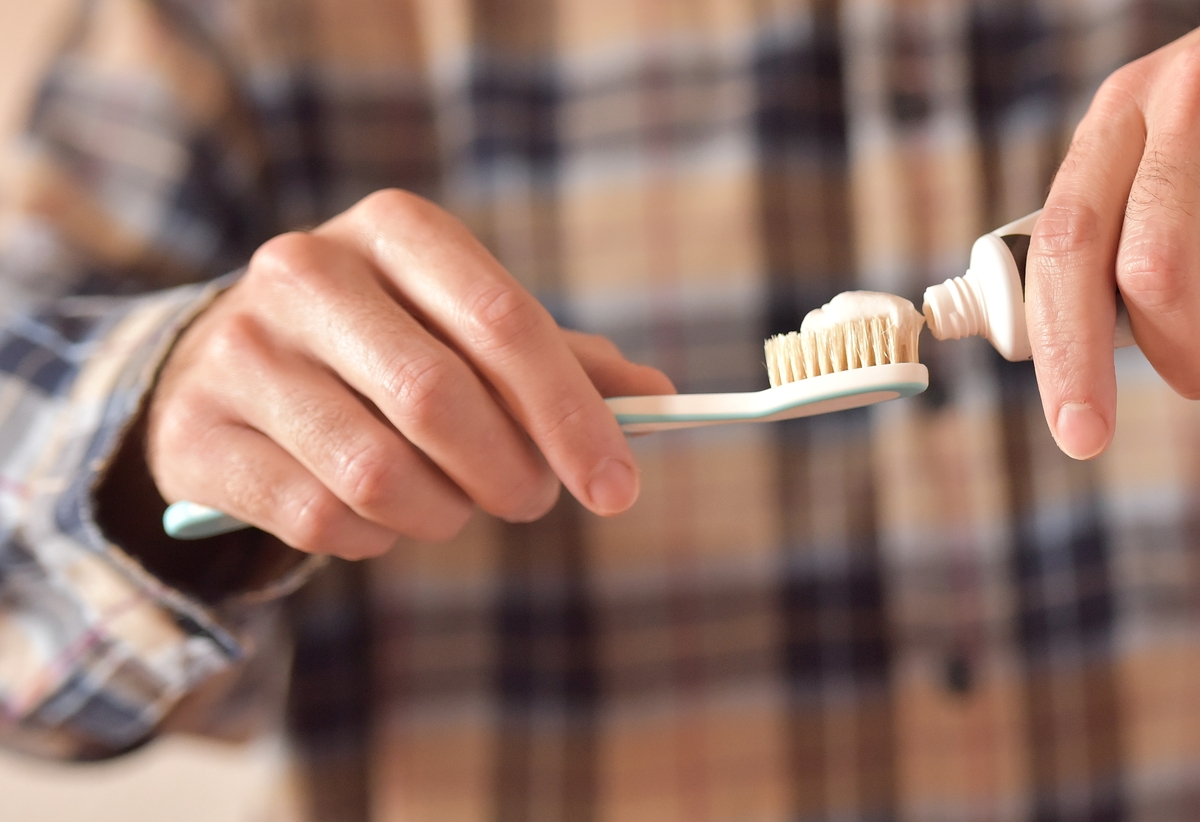
Bernhard Schulte Shipmanagement Takes Delivery of First Methanol Dual-Fuel Bulk Carrier
29 Jan 2026 - News
Published on 20 Jun 2023

As seafarers spend long periods of time onboard ships, they are unable to visit a doctor for check-ups when required. Dental care is a common issue that the crew faces while at sea. In a worst-case scenario, dental problems require urgent medical treatment or even the repatriation of seafarers.
When a dental issue arises, it usually affects seafarers’ work productivity and performance, while it also influences their concentration and leads to a safety risk.
The main causes of dental problems are:
Seafarers must pay attention to their dental health and take care of their teeth to avoid periodontal (gum) disease.
The pain relief medicines onboard are a temporary solution as they don’t fix the overall problem. A dental problem can worsen if its symptoms are not observed early.
Specifically, the symptoms include:
As the dental care systems vary from port to port, the quality of care may also differ from region to region.
Seafarers must consider the importance of maintaining a good oral hygiene and follow below-mentioned practices:
Always remember that personal hygiene can prevent possible toothaches, which can negatively affect your concentration, sleeping, eating etc.
29 Jan 2026 - News
05 Dec 2025 - News
BSM, in partnership with Schulte Group member OceanOpt, has won the Greenhouse Gas Project of the Year at the IMCA Annual Awards 2025. The ceremony was held during the Global Summit in Kuala Lumpur on 26 November.
05 Dec 2025 - News | Articles | Articles
19 Nov 2025 - News | Articles | Articles
17 Nov 2025 - News | Articles | Articles
27 Oct 2025 - News | Articles | Articles
As the maritime industry accelerates its transition toward sustainable energy solutions, Bernhard Schulte Shipmanagement (BSM) is proud to announce a significant milestone in crew training and safety innovation: the successful launch of bespoke Methanol as Fuel Courses, including the specialised Methanol Firefighting Course, across its global Maritime Training Centres (MTCs).
30 Sep 2025 - News | Articles | Articles
01 Sep 2025 - News
We are thrilled to announce the renewal of our partnership with Treedom, a global NGO dedicated to reforestation and community empowerment. Together, until the end of 2024, we have planted 5,100 trees across 5 countries, absorbing 2,443 tonnes of CO₂, a major step toward a more sustainable planet!
03 Jul 2025 - News | Articles | Articles
02 Jul 2025 - News | Articles | Articles
17 Jun 2025 - News | Articles | Articles
The BSM Hellas Ship Management Centre (SMC) in Greece, proudly marks its 20th anniversary this year.
10 Jun 2025 - News | Articles | Articles
Bernhard Schulte Shipmanagement (BSM) proudly participated in the IMCA Dynamic Positioning Conference 2025, held on 3–4 June in Istanbul, Turkey. This premier global event brought together over 120 professionals from the offshore and maritime sectors, including experts in offshore wind, oil and gas, marine engineering, and vessel design.
27 May 2025 - News | Articles | Articles
05 May 2025 - News | Articles | Articles
16 Apr 2025 - News | Articles | Articles